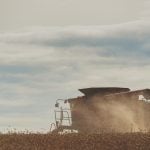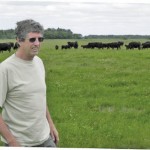Weekly Provincial Summary Producers made good seeding progress over the past week in many areas of Manitoba. Seeding is estimated to be 75-80 per cent complete in the Southwest Region, 80 per cent complete in the Northwest Region, 70-85 per cent complete in the Central Region, 85 per cent complete in the Eastern Region and




